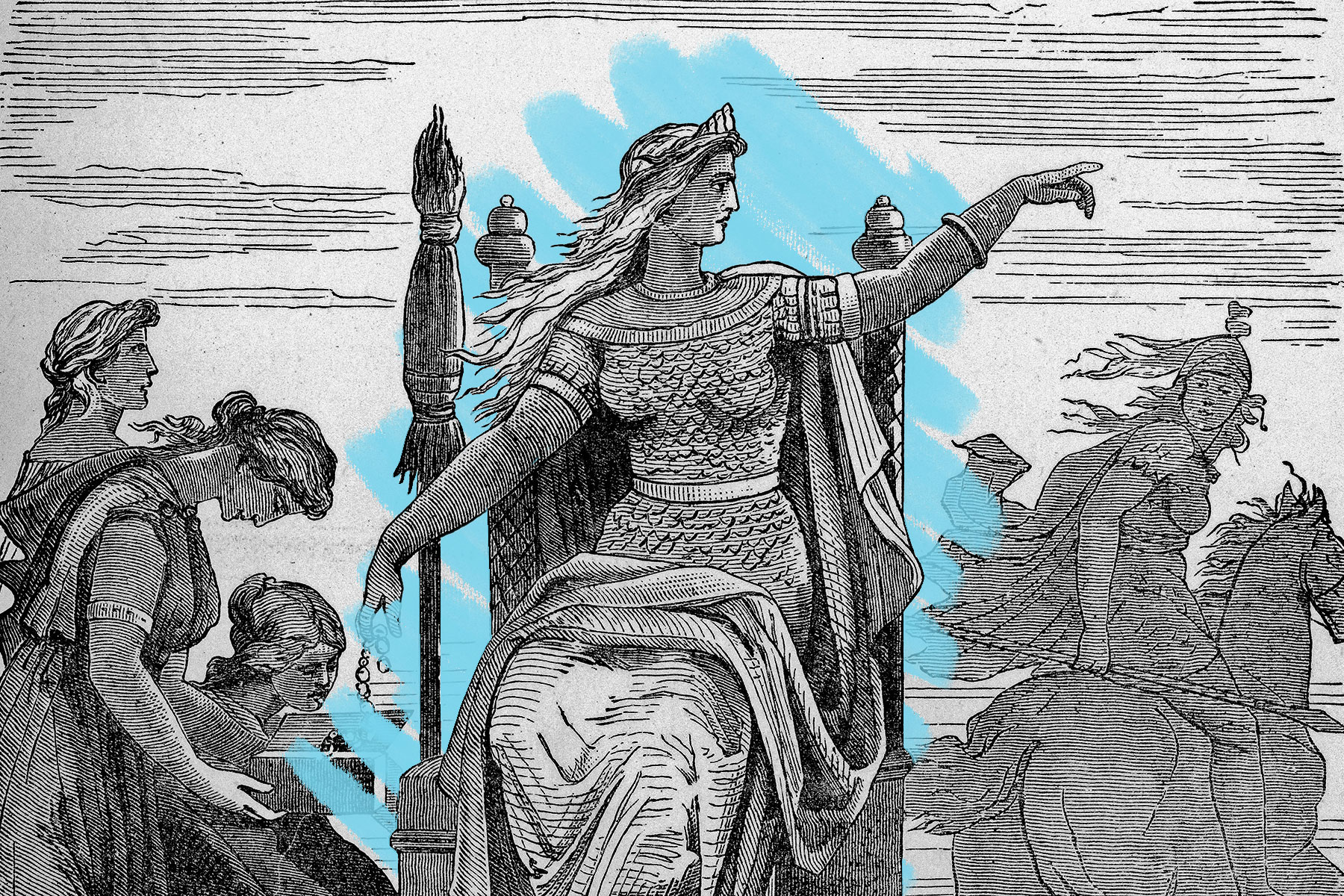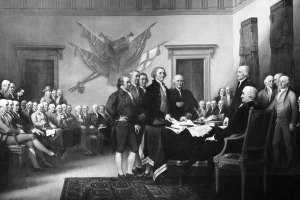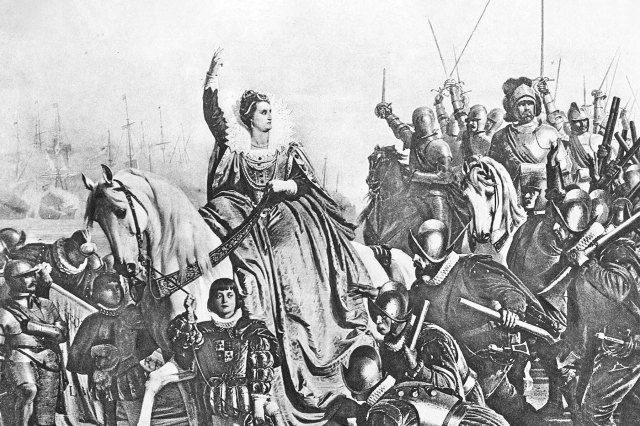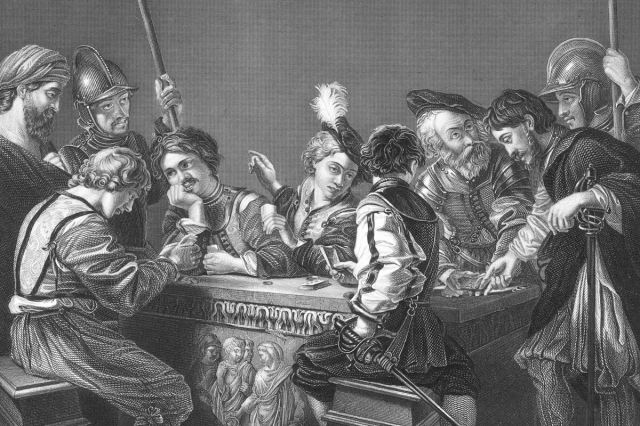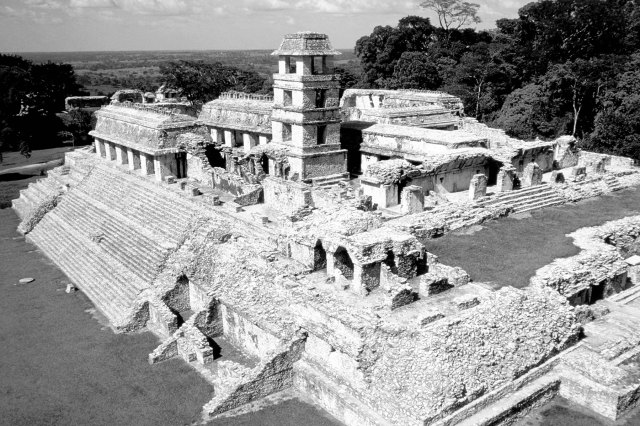Four days of the week are named after Norse gods.
Each week, whether we know it or not, we pay a small tribute to several gods from the ancient Norse pantheon. In fact, four days of the week are named after deities from Norse mythology. Tuesday comes from Tyr, the Norse god of war, while Wednesday is named after Odin , a powerful deity who was the father of many other Norse gods and ruled over Valhalla, the hall of slain warriors (the name is derived from the Anglo-Saxon word “Wodnesdaeg,” meaning “Woden’s day”). Thursday’s namesake is Thor, the Norse god of Thunder, and Friday is named for Frigg, the wife of Odin and the Norse goddess of marriage and fertility.
The presence of Norse mythology in our days of the week is due to the historical connection between the English and Old Norse languages. In the eighth century CE, the British Isles were invaded by Viking tribes from Denmark, Norway, and Sweden, all of whom spoke Old Norse. As a result, many words in the English language are descended from Old Norse. The Vikings adopted the Roman custom of naming the days of the week after gods, but replaced the Latin deities with gods from their own mythology. The Old Norse names of Tyr, Odin, Thor, and Frigg evolved over time to become the weekdays we use in modern English today.





